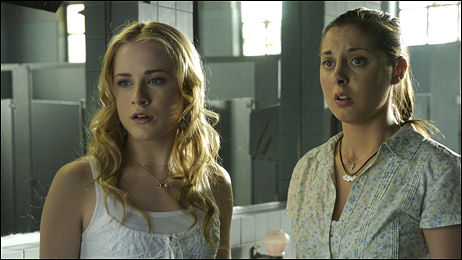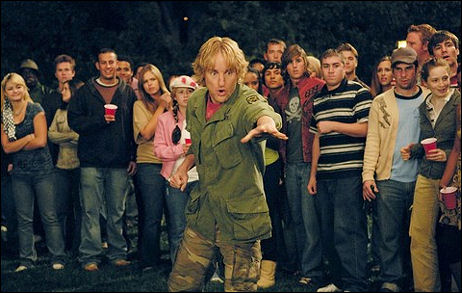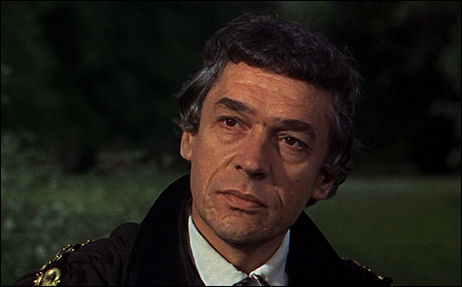Clint Eastwood‘s Gran Torino is going to be a geriatric Dirty Harry film? I don’t know whether to laugh, cry or take it in stride, but an AICN correspondent, allegedly from North Hollywood and going by the name of “Kurt,” is claiming inside knowledge about Eastwood’s next film, a Warner Bros. December ’08 release that’s yet to be shot. Yesterday I speculated that it might be one of Eastwood’s amiable films, but this “Kurt” guy is saying nope, total opposite.
He’s saying he “recently advertised [a] 1974 Ford Gran Torino classic original for sale in the local here, and within 24 hours someone from Village Roadshow Pictures [was] interested in having a looksee. He ultimately passed for numerous reasons, probably the modifications, [but] he told me they were looking for the right car for a new Clint Eastwood movie.
“He said it was a thriller about a killer that drives a 1972 Ford Gran Torino, and that this is the only thing the police have on him. The story is about a retired police lieutenant, one Harry Callahan, making it his mission to track down the culprit [after] two young police officers, one of them being Callahan’s grandson, are shot and killed by the guy.”
In other words, if Kurt can be trusted it’s going be a little bit like Eastwood’s Blood Work (’02), in which he played another old lawman (a retired FBI guy) on the hunt for a killer. If it’s real, the aging Harry Callahan idea is a hoot. Except the implied force and ferocity of the Callahan persona would be a moot point for a guy in his mid ’70s. Would the former San Francisco detective still pack a .44 Magnum? That seems silly. He’d have to be quieter, mellower, gentler. It’s a workable idea, I suppose, but it also seems oddly self-mocking. Almost the basis for a black comedy.






